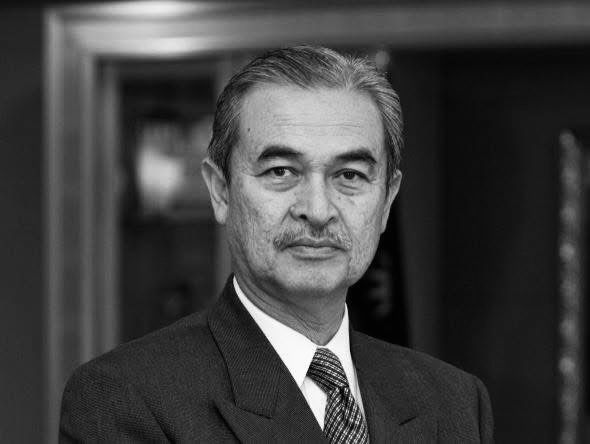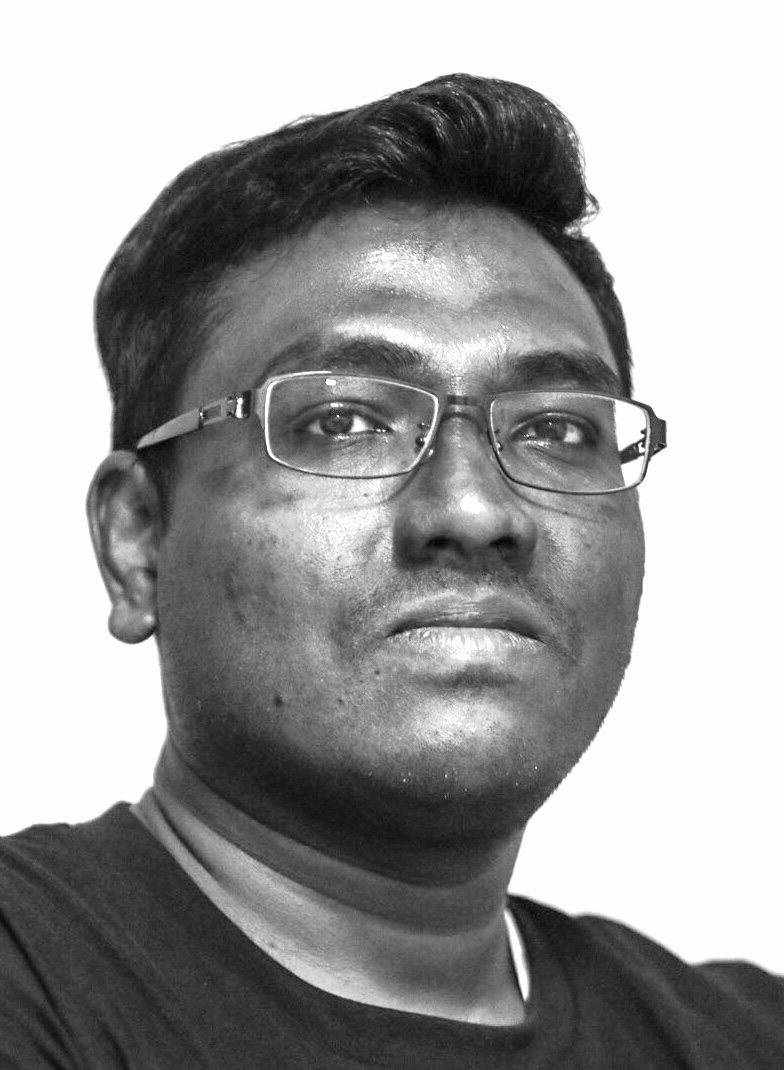KUALA LUMPUR — Malaysia’s 5th prime minister Tun Abdullah Ahmad Badawi died today at the age of 85.
He passed away at 7.10pm at the National Heart Institute, his son-in-law Khairy Jamaluddin announced on social media.
“May Allah bless his soul and place him among the righteous. Al-Fatihah,” Khairy posted.
IJN in a statement this evening said Abdullah was admitted yesterday morning after experiencing breathing difficulties, and immediately placed under intensive care in the Coronary Care Unit. He passed away this evening surrounded by his loved ones, IJN said.
Born on Nov 26, 1939, in Bayan Lepas, Penang, Abdullah was prime minister from Oct 31, 2003, until April 3, 2009, following the resignation of Tun Dr Mahathir Mohamad.
Fondly known as Pak Lah, he leaves behind his wife Jeanne Abdullah, and two children, Nori and Kamaluddin, from his first wife the late Tun Endon Mahmood who passed away of breast cancer in 2005.
Abdullah’s health had been failing in recent years, and in September 2022, Khairy publicly confirmed that his father-in-law had been suffering from dementia.
Highlights from Abdullah’s life include leading Barisan Nasional (BN) to a landslide general election victory in 2004.
During his tenure as prime minister, he earned the reputation for being “Mr Clean” for his strong anti-corruption stance.
He also promoted the concept of Islam Hadhari, or “civilisational Islam”, while on the economic front, he initiated regional economic corridors aimed at creating and distributing wealth more evenly across the country.
A native of Kepala Batas, Penang, Abdullah was a former civil servant who studied at the High School Bukit Mertajam (HSBM) and Universiti Malaya.
In 1978, he was elected as Kepala Batas MP, and represented the parliamentary constituency for more than 35 years until 2013.
Abdullah was appointed as Deputy Federal Territories Minister in 1980 when Tun Hussein Onn was the prime minister. After Hussein stepped down, Abdullah served as a minister in the Prime Minister’s Department (PMD) in Mahathir’s first Cabinet.
The former Umno leader then went on to take several ministerial portfolios in education, defence, foreign affairs, home affairs, and finance until he became Mahathir’s third deputy prime minister in 1999 following the imprisonment of his predecessor, Datuk Seri Anwar Ibrahim.
Abdullah became the country’s fifth prime minister, succeeding Mahathir in 2003 after the latter stepped down from the position after 22 years.
In leading BN to victory in the 2004 general election, the coalition scored 198 parliamentary seats out of 219 and a two-thirds majority in Parliament.
However, BN’s fortunes under Abdullah was short-lived when the coalition lost its two-thirds majority in the 2008 general elections and Pakatan Rakyat (PR) took over five state governments.
From then on, Abdullah came under tremendous criticism and pressure from Mahathir and those aligned to his predecessor.
He resigned in 2009 and was succeeded by his then deputy prime minister Datuk Seri Najib Razak.
During his prime ministerial tenure, Abdullah played a pivotal role in founding the anti-graft body Malaysian Anti-Corruption Commission (MACC), establishing the Special Task Force to Facilitate Business (Pemudah) to reduce bureaucracy in business-government dealings, and modernising the country’s agriculture sector.
He also initiated plans for various economic hubs, including the Iskandar Development Region (IDR) in Johor, the East Coast Economic Region (ECER) and the Sabah Development Corridor (SDC).
The former Umno veteran was known as the country’s “Father of Human Capital Development” for his roles in revolutionising national human capital development by introducing the National Human Capital Policy. – April 14, 2025


